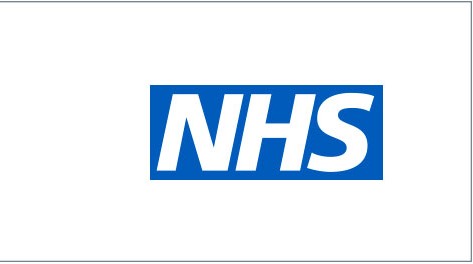Clinical trials found that 77% of patients went into remission after receiving obe-cel

Patients with an aggressive form of leukaemia are set to access a groundbreaking immunotherapy on the UK's National Health Service after trials showed more than three-quarters went into remission.
The CAR T-cell therapy, known as obe-cel, works by reprogramming a patient’s immune cells in a lab to identify and attack their cancer before being returned to the body as “living medicine.”
NHS England has confirmed that the personalised therapy will be available within weeks at specialist centres across the country.
Described by patients as having a “wonderous” effect in trials, England’s top cancer doctor said the treatment could give those with aggressive leukaemia the chance to live cancer-free for longer and, for some, even offer the “hope of a cure.”
Eligible patients will receive two intravenous doses ten days apart, delivered at selected CAR-T specialist centres. The therapy will be available to people aged 26 and over with B-cell acute lymphoblastic leukaemia (B-cell ALL) that has returned or not responded to previous treatments, following approval from the National Institute for Health and Care Excellence (NICE). Around 50 patients are expected to benefit each year in England.
Clinical trials found that 77% of patients went into remission after receiving obe-cel, with half showing no detectable cancer after three and a half years. On average, the treatment extended patients’ lives by 15.6 months. Developed entirely in the UK, obe-cel was also shown to have lower toxicity than other CAR T-cell therapies.
Professor Peter Johnson, NHS National Clinical Director for Cancer, said: "This cutting-edge therapy has shown real promise in trials and could give patients with this aggressive form of leukaemia a chance to live free from cancer for longer – and, for some, it could offer the hope of a cure."
"This ‘living medicine’ boosts a patient’s own immune system and then guides T-cells towards the cancer to kill it – it is fantastic to have another pioneering option available on the NHS, adding to our range of CAR-T therapies which are helping people with blood cancers live longer, healthier lives."
Health Minister Ashley Dalton added: "This pioneering treatment is excellent news for patients and their families, demonstrating how the NHS is at the forefront of medical innovation. Our 10 Year Health Plan is about harnessing our world-leading life sciences sector to deliver treatments like this – innovative therapies that save lives."
Fiona Bride, interim Chief Commercial Officer at NHS England, said: "This is a success story that’s made in Britain, and shows how collaboratively we can bring to life the ambition of the 10 Year Health Plan, showcasing how the UK’s competitive edge in life sciences can translate to better outcomes and treatments for NHS patients."
"The journey of obe-cel from scientific research in a UK university to a safe, clinically and cost-effective treatment set to be delivered through the NHS specialist CAR-T network is a remarkable one and I am grateful to colleagues who have played their part along the way."
Acute lymphoblastic leukaemia is a fast-moving blood and bone marrow cancer, affecting around 800 people in the UK annually, roughly half of them adults. Patients with aggressive forms of the disease typically survive only 10 months on standard chemotherapy.
Fiona Hazell, chief executive at Leukaemia UK, said: "We are delighted that this therapy will be available on the NHS and this is a significant step forward in expanding treatment options for people living with leukaemia. This treatment is unique as the first CAR-T therapy designed with the potential to be given in an outpatient setting, offering better accessibility particularly for older patients or those with comorbidities."

Subscribe To Our Newsletter & Stay Updated